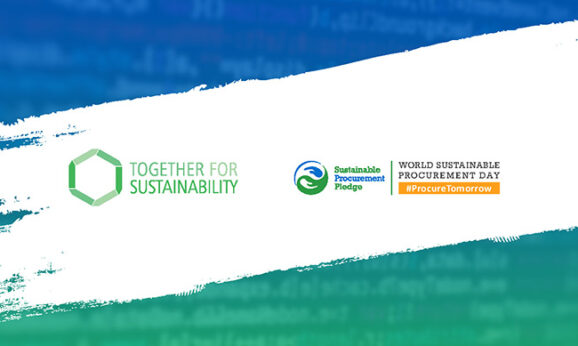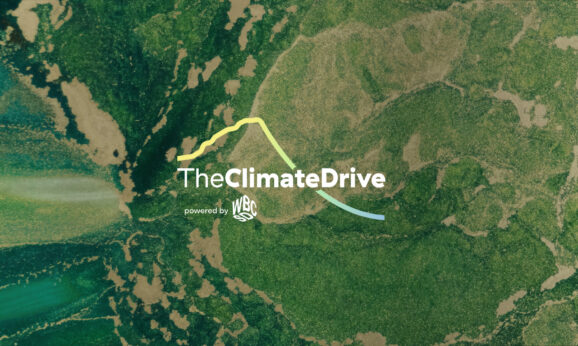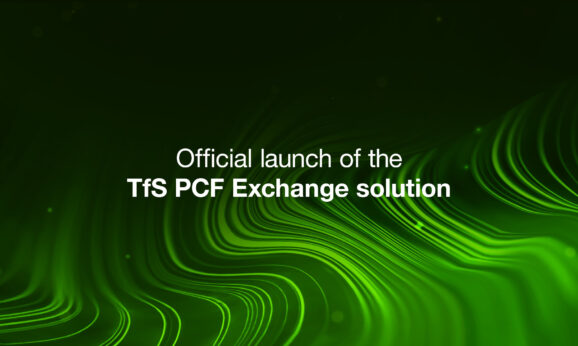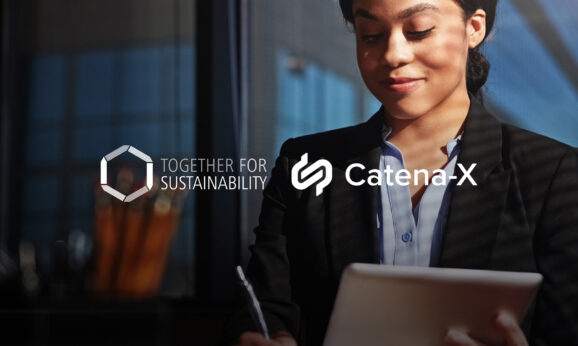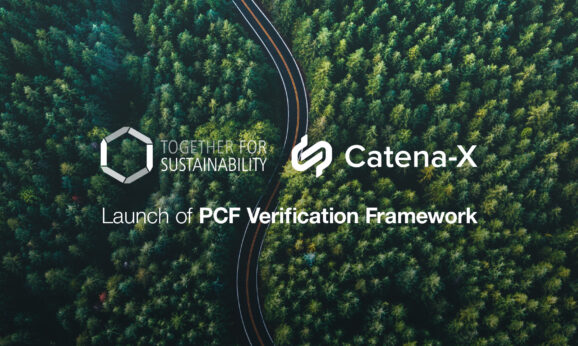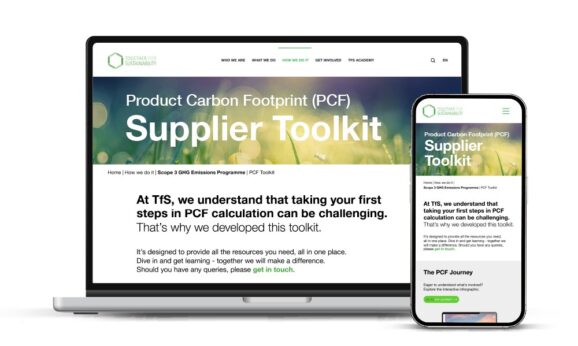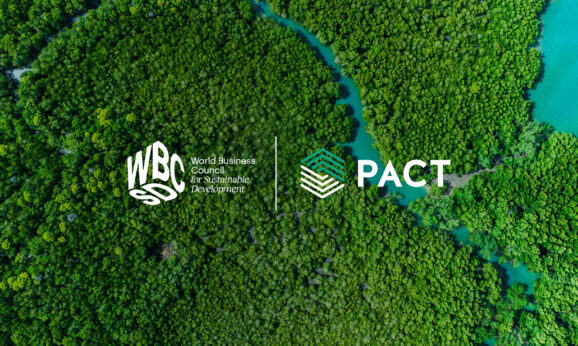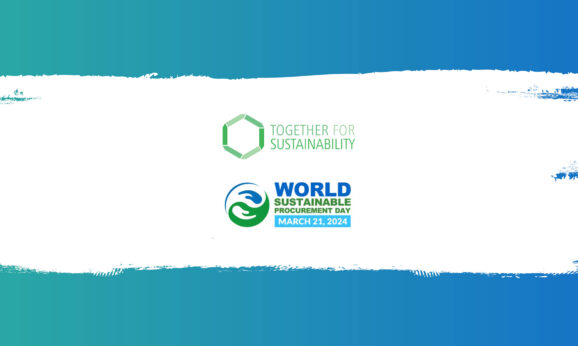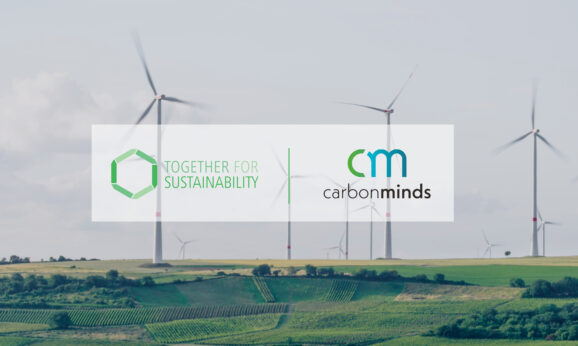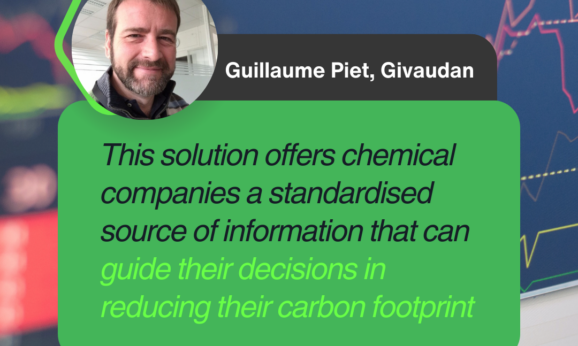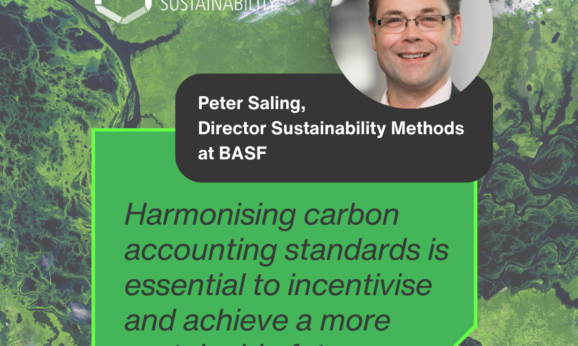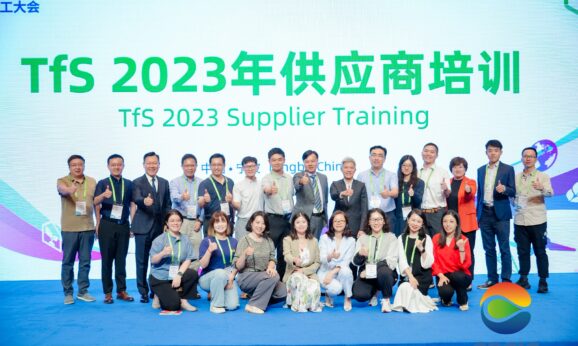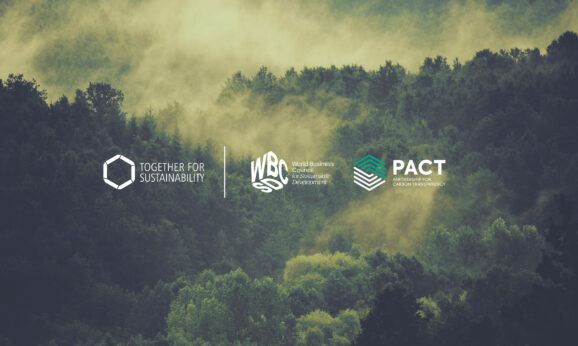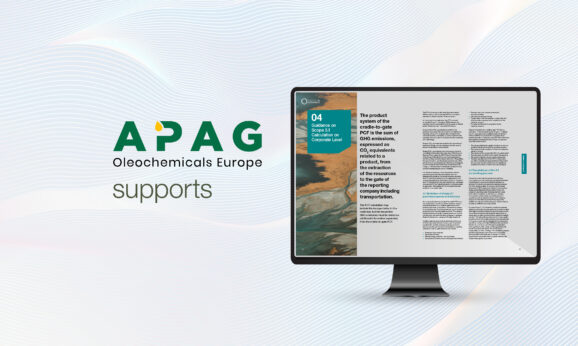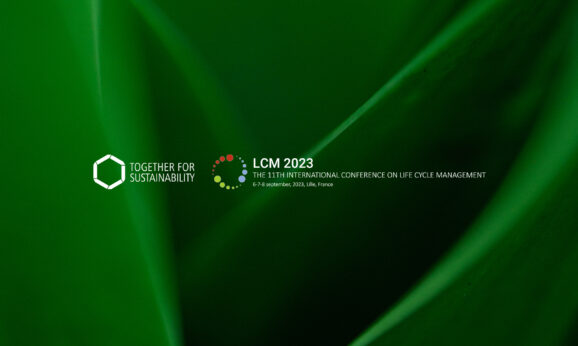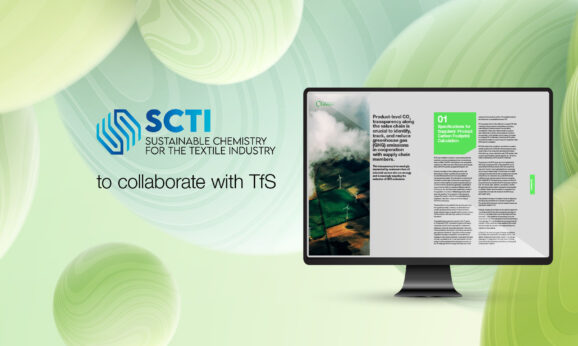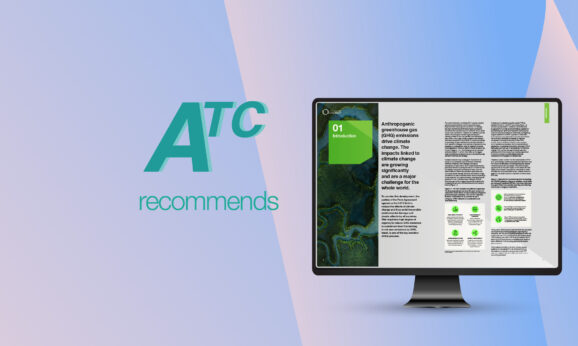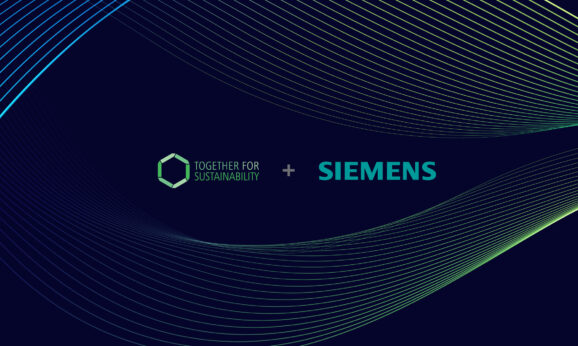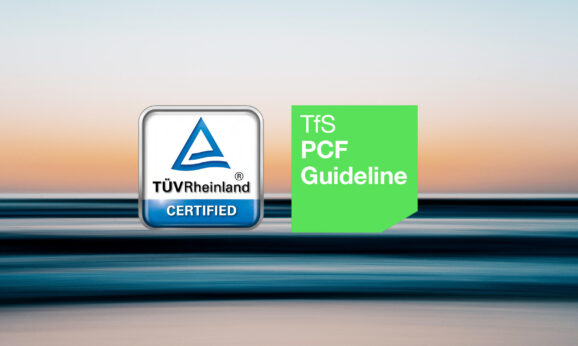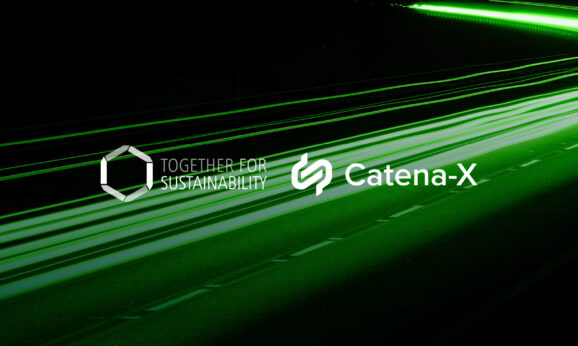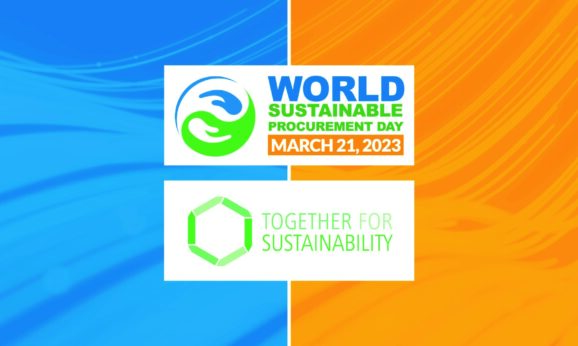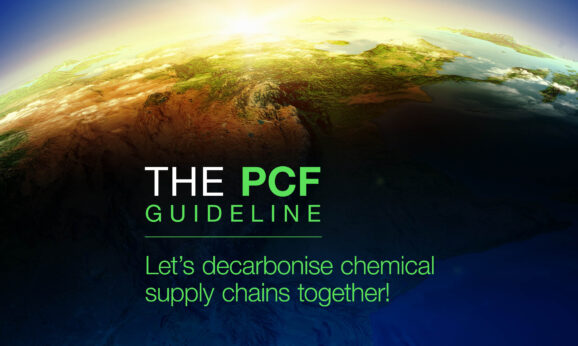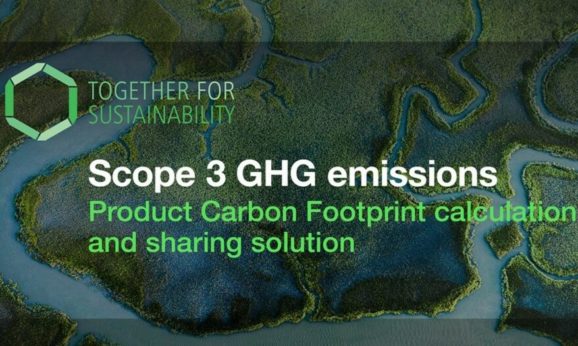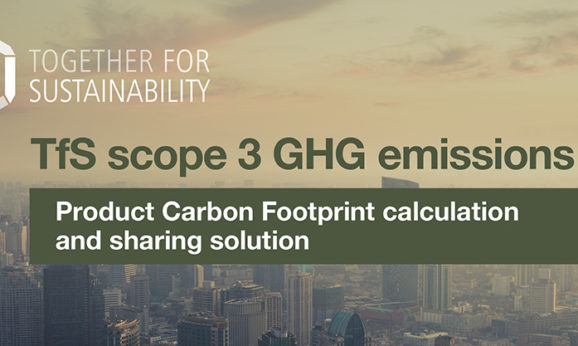TfS announces new updates to the PCF Guideline
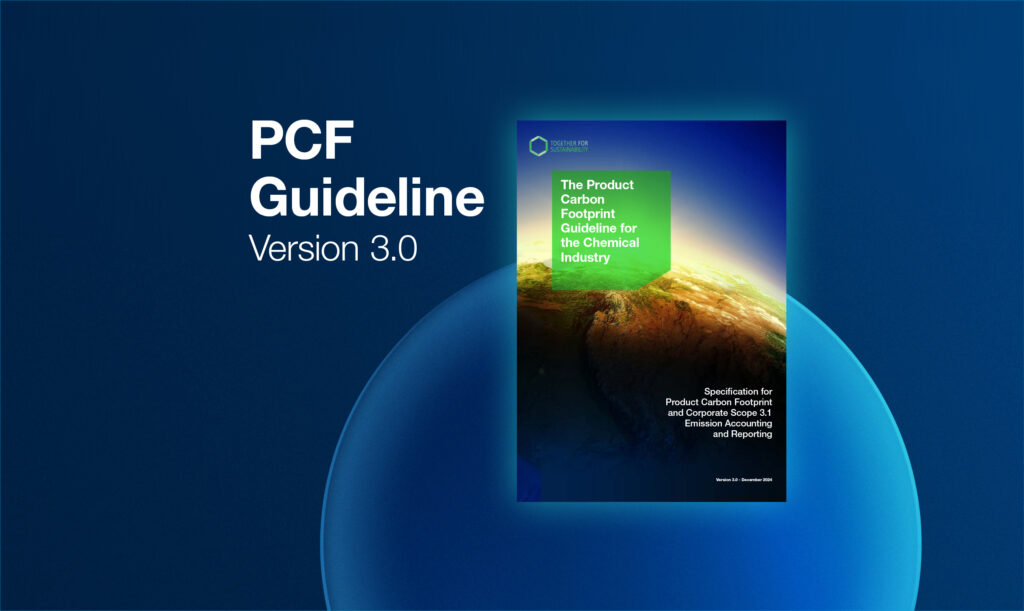
TOGETHER FOR SUSTAINABILITY ANNOUNCES NEW UPDATES TO THE PCF GUIDELINE
- New updates will enhance clarity, harmonise global frameworks and improve data quality for Scope 3 emissions management.
- The revised PCF Guideline addresses growing demand for accurate and standardised carbon footprint calculations across industries using chemical materials.
(Brussels, 16 January 2025): Together for Sustainability (TfS), a leading global initiative dedicated to advancing sustainability practices within the chemical industry, has released an updated version of its Product Carbon Footprint (PCF) Guideline. Building on the original 2022 Guideline, the 2024 updates aim to streamline Scope 3 emissions calculations and further align with key global sustainability frameworks.
The updated PCF Guideline incorporates feedback from TfS members, suppliers and industry stakeholders, introducing additional clarifications that facilitate easier implementation. Notable improvements include refined definitions of waste materials and enhanced guidance for identifying and measuring waste. Additionally, TfS has worked to standardise the PCF Guideline with other influential frameworks, such as the World Business Council for Sustainable Development’s (WBCSD) PACT Framework, Catena-X and the Global Battery Alliance. A key element of this harmonisation is the alignment of data quality ratings, addressing the increasing importance of high-quality, standardised data in supply chain emissions management.
Prof. Dr Peter Saling, Director Sustainability Methods at BASF and Co-Chair of the TfS PCF Guideline Work Package, said:
“The 2024 update to the PCF Guideline brings essential clarity to definitions, methodological questions and data standards, particularly in areas like waste management, mass balance or carbon capture and utilisation (CCU), where there has previously been ambiguity. Aligning the Guideline with international frameworks ensures that chemical companies can seamlessly integrate it into their global operations. These changes will make it easier for corporations and their suppliers to generate and report reliable carbon footprint data, enabling more effective emission reduction efforts across supply chains.”
The new version also responds to growing regulatory pressure and stakeholder expectations for transparency in sustainability reporting. With the chemical industry responsible for an estimated 7% of global greenhouse gas (GHG) emissions, of which 77% are Scope 3, companies are increasingly required to provide detailed and comparable emissions data. The PCF Guideline offers a standardised approach, helping companies comply with evolving regulations such as the EU’s Corporate Sustainability Reporting Directive (CSRD).
Key benefits of the 2024 PCF Guideline
- Clarified definitions: Improved definitions for waste and decisions in multi-output processes, facilitating more accurate reporting and implementation.
- Synchronisation with global frameworks: Aligns with established frameworks such as the PACT Framework, Catena-X and the Global Battery Alliance, simplifying data exchange and improving compatibility across industries.
- Improved data quality: Enhances the accuracy and consistency of emissions reporting, benefiting both TfS members and suppliers by enabling more transparent tracking of Scope 3 GHG emissions.
- Open-source accessibility: As with the original guideline, the updated version will remain open source, ensuring widespread adoption and fostering cross-industry collaboration.
As global efforts to combat climate change intensify, the chemical industry faces mounting pressure to reduce its carbon footprint in alignment with the goals of the Paris Agreement. The updated PCF Guideline comes at a crucial time, offering chemical companies and their suppliers the basis they need to accurately calculate and track their Scope 3 emissions. This will not only help companies achieve their sustainability targets, but also improve supply chain resilience and manage reputational and regulatory risks.
Dr Gabriele Unger, General Manager of TfS, said:
“The updated PCF Guideline represents a significant step forward in our mission to enable significant emission reductions in the chemical industry’s supply chains. By improving the clarity and standardisation of emissions calculations, we are empowering companies to take meaningful action on their Scope 3 emissions. This update reflects our commitment to continuous improvement and our dedication to driving sustainability not just within the chemical sector, but across industries globally.”
Since its initial release, the PCF Guideline has been widely adopted by companies within and outside the chemical industry, serving as a “drop-in” solution for calculating emissions from chemical materials.
Prof. Dr Saling noted:
“We have received positive feedback from across the industry, including from sectors such as automotive and pharmaceuticals, which rely heavily on chemical materials. The PCF Guideline has proven to be a versatile document, and we are continuously refining it to meet the evolving needs of both chemical corporations and their diverse supply chains.”
In addition to the updated PCF Guideline, and to meet growing demand for reliable data disclosure, TfS has partnered with Catena-X to develop the PCF Verification Framework. This new framework provides best practices for data verification across three levels, aimed at enhancing stakeholder trust. Download the TfS PCF Guideline here: https://www.tfs-initiative.com/how-we-do-it/scope-3-ghg-emissions/pcf-guideline
For more information or media enquiries, please contact:
- Georgia Dalton, ESG Communications
t: +44 (0)7798 751 529
e: georgia@esgcomms.com
About Together for Sustainability
Together for Sustainability (TfS) is a global, procurement-driven initiative created by chemical companies with the goal of assessing, auditing and improving the sustainability practices within their global supply chains. The programme is based on the UN Global Compact and Responsible Care® principles and has grown into a global organisation with regional representation in North and South America and Asia.
https://www.tfs-initiative.com/how-we-do-it/scope-3-ghg-emissions









